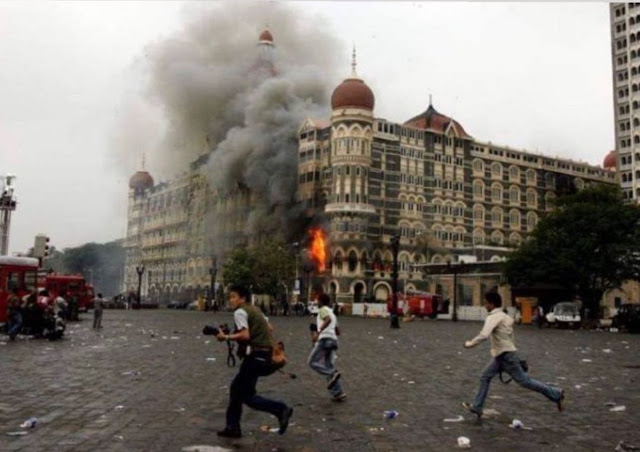Discovering the Mumbai Terror Attack Charges: A Closer Look into the Charges Against Hindus and the RSS
Introduction:
The awful events of 11/26, a Mumbai terror attack, made an everlasting impression on the nation's history. However, recent claims by certain sections inside the ruling party took an unexpected turn. Claims claiming Hindus with the RSS (Rashtriya Swayamsevak) were involved in the attacks have aroused debate and raised problems about the junction in politics as a whole and national security, along with communal narratives.
Recount of the Mumbai Terror Attack:
Before digging into the claims, it's critical to go over the details of the Mumbai terror attack. In 2008, ten Pakistani terrorists launched a coordinated assault on the city, hitting major monuments while leaving a trail of destruction. The attacks drew widespread condemnation, raising concerns about cross-border terrorism.
Allegations Raised to Congress:
Certain Congress officials' recent statements have raised concerns as they tried to blame Hindus or the RSS for the Mumbai terror assault. The account contradicts the widely held belief that the assailants were foreign terrorists linked to Lashkar-e, a Pakistan-based militant organization.
Political motivations at work:
The onset and context of these charges raise questions about potential political objectives. Accusing a religion or cultural group of plotting a horrible act of terrorism has serious ramifications and can exacerbate communal relations. As the country deals with the fallout from these claims, it is critical to investigate the motivation behind such tales and their influence on social cohesiveness.
Accusations' Historical Context:
The accusation of Hindus or the Communist Party of India having to do with the Mumbai terror attack isn't the first time such charges have been made. Similar allegations have appeared infrequently over the years, frequently lacking significant evidence and being disregarded by authorities. The continuation of these charges, on the other hand, raises worries about the possible ramifications of interactions between communities and the broader sociopolitical landscape.
Concerns regarding national security:
Accusations that shift attention away from foreign dangers and toward internal divisions endanger national security. To avoid future terrorist crimes, the emphasis should remain on increasing intelligence capacities, strengthening border security, and developing international cooperation. Misplaced blame can stymie the collective attempt to address true security issues.
Community Response and Collaboration:
Fostering unity is critical in times of adversity. Accusations directed against particular groups risk weakening the foundations of social cohesion. Leaders across the political spectrum have to prioritize an argument that encourages inclusivity, understanding, and resistance to external challenges.
Conclusion:
As the nation considers the attacks in Mumbai or their impact on society, it is critical to view the accusations leveled at Hindus or the RSS with caution. Political turmoil narratives should not jeopardize the common struggle for justice, transparency, and national security. In a varied and heterogeneous country like India, unity must triumph over dividing narratives, especially while coping with the highly delicate wake of a tragedy that devastated the entire nation.








.jpg)




.png)


0 Comments